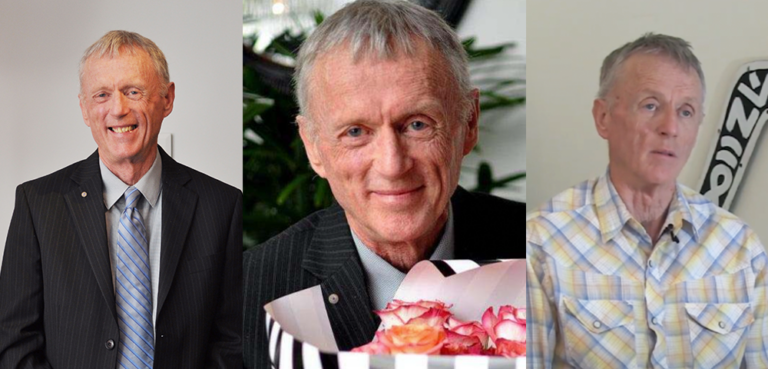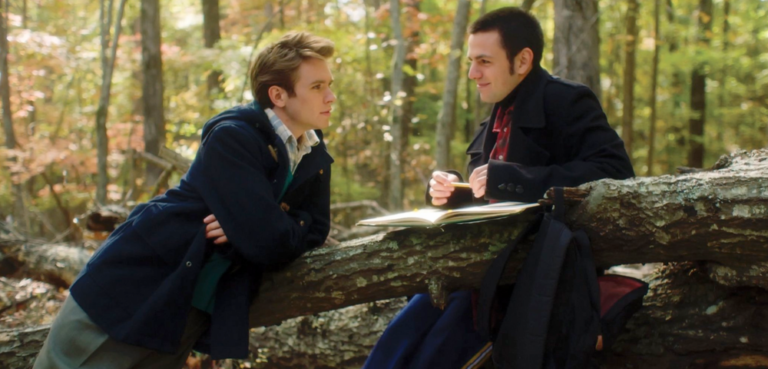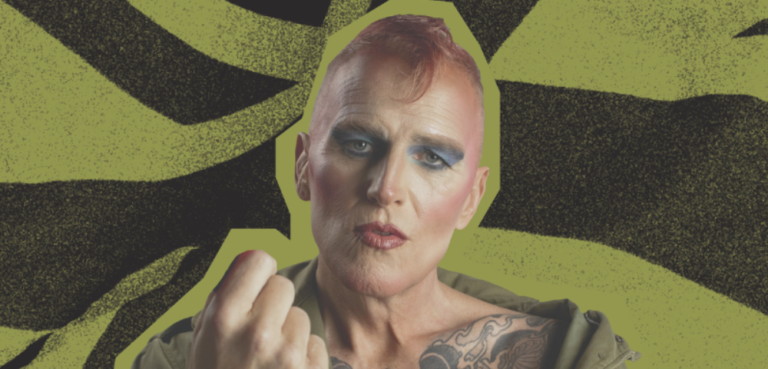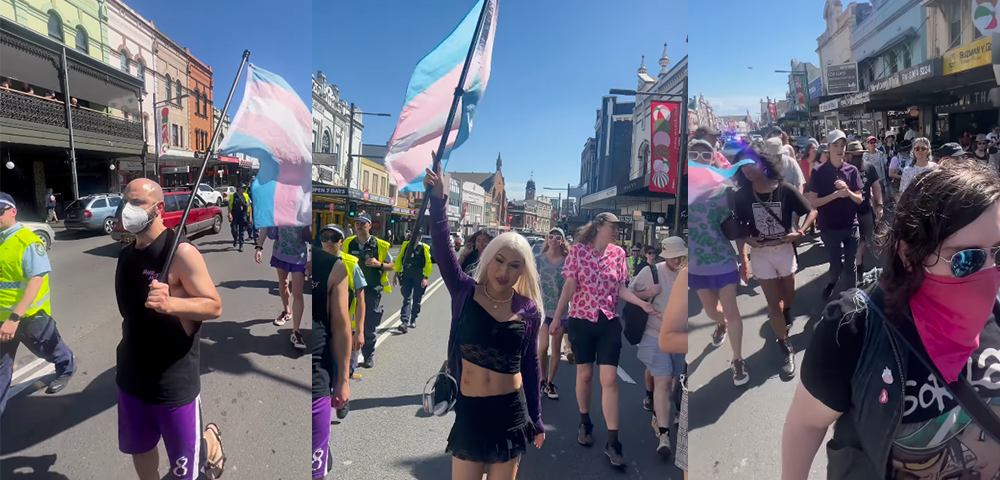
Top honours for HIV frontliner
When a mysterious new disease hit Australia in the early 1980s called Acquired Immune Deficiency Syndrome (AIDS), little was known of its cause, and what it meant for those who contracted it.
Amid the confusion a small band of medical professionals in Melbourne dealt with the onset of the crisis.
A registrar at the time, Professor Suzanne Crowe, along with Anne Mijch and others, set up the first gay men’s health clinic in 1984 at the former Fairfield Hospital.
Crowe has been singled out this month for a Member of the Order of Australia (AM) for her tireless work in the field of HIV research and caring for those with the virus for almost three decades.
“It was just the two of us [Crowe and Mijch] working in it at the very beginning,” Crowe told the Star Observer.
“There were problems like gay bowel disease. Early on we saw it as a clinical problem and it looked like it was going to be important enough to be a clinic to itself.
“Also we’d become aware of the diagnoses overseas of AIDS, even though there hadn’t been any in Melbourne at that time.”
Early on in the epidemic, Fairfield Hospital, led by Professor Ian Gust and others, developed the first HIV test.
“It all moved fairly quickly,” Crowe said.
“There were meetings with doctors like David Bradford and Rex Melville and I think it was in Vaughn Lenny’s home, he was a gay GP with a predominantly gay practice in South Yarra, we all had a meeting there and shared the little knowledge we had.
“Plans were then made about how we could tackle the problem in Melbourne.”Crowe said treating patients in the early stages of the epidemic was difficult.
“These patients became our friends … they didn’t know what to expect and we were only half a step ahead, trying to work out the best way to help manage their symptoms,” Crowe said.
“Those first few years we spent most of our time either treating patients or going to funerals and trying to look after people in hospital who were sometimes sick for nine months because there was no treatment available.
“They’d come in with debilitating diseases, not able to look after themselves at home. There were no support services in place at that time … we spent a lot of our time talking to loved ones.
Crowe and her colleagues were often forced to treat people under the cover of darkness. She estimates around 30 or 40 percent of patients at the time were either married or living with a woman.
“We had one patient who came from a Mediterranean family who didn’t know he was gay and wanted to take him to every specialist doctor in Melbourne,” Crowe said.
“He just told them he had a form of cancer, so we were trying to look after him, trying to explain to his family why he was in an infectious diseases hospital, without saying he had HIV infection.
“His lover would visit him at night when his mother wasn’t there. They were interesting and challenging times and we definitely felt part of the gay community.”
Crowe is now head of the Burnet Institute’s pathogenesis and clinical research program. She has conducted voluminous research over the years and has published more than 100 papers and 58 book chapters in the field.
Asked if she knew, when she started, that she would spend her career caring for HIV patients and in HIV research, Crowe answered simply.
“Yes,” she said.
“I realised from the beginning I wanted to not just look after patients with HIV infection, I also wanted to work out some of the answers in research.”










Thankyou Suzanne and your colleagues for giving so much care to so many people.